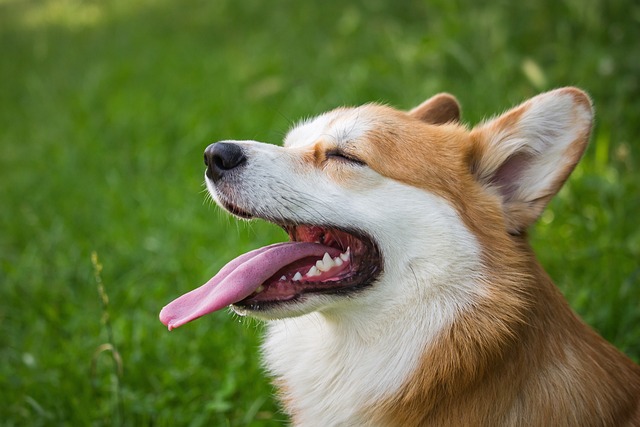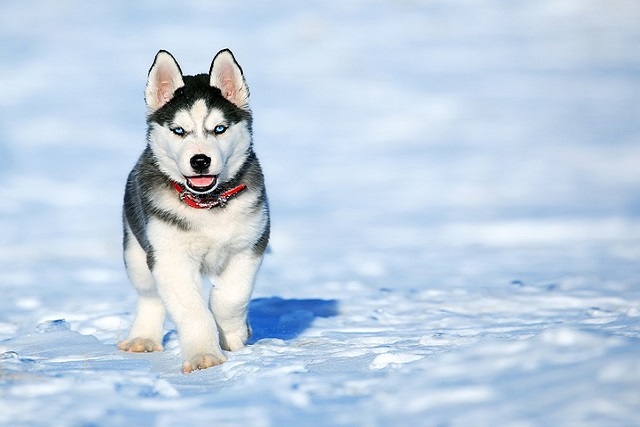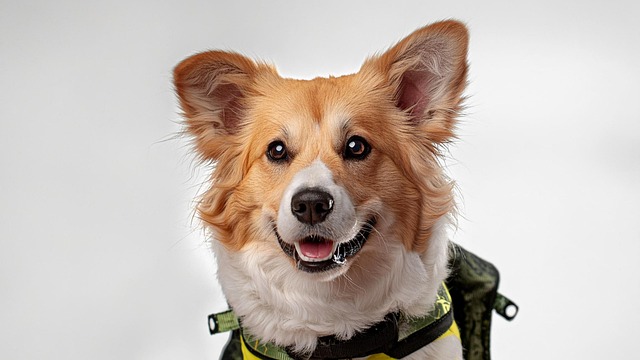
What vitamin is good for dogs' skin
Seeing your dog constantly scratch or noticing dry, flaky skin can make you wonder if a simple vitamin might be the solution.
Notice more puddles of vomit around your home during summer? You're not alone. Dogs absolutely vomit more frequently in hot months, and while occasional upchucks happen, recurrent episodes signal real risks. Here's why: heat directly impacts digestion - blood flow diverts from stomach to skin for cooling, slowing food processing. Add scavenged picnic leftovers in Central Park, toxic algae in Midwest lakes, or even gulped saltwater at California beaches, and you've got a perfect storm for upset stomachs. Brachycephalic breeds like Bulldogs face higher risks, as panting strains their diaphragm.
Cut risks with smart routines: First, switch walks to dawn/dusk when temps drop below 80°F. Carry a collapsible bowl - dehydration thickens stomach bile, triggering vomiting. Freeze kibble in water for slow hydration meals. At beaches, prevent saltwater gulping with "shallow fetch" games. Apartment hack: use baby gates to block trash access during heatwaves when odors intensify. For suspected food scavenging (common at festivals!), teach "leave it" with high-value treats - start indoors, then practice near "bait" like apple cores on sidewalks. Picture Max the Lab in Miami: his vomiting stopped when owners stored trash in a locked cabinet after he raided rotting shrimp shells.

Your responsibilities expand in summer: Ensure rabies vaccines are current - vomiting can indicate leptospirosis (common near stagnant water), and treatment requires proof of vaccination. Always carry biodegradable vomit bags with poop bags - public cleanup applies to bodily fluids too! At shared pools, leash dogs away from chemical spill areas. Apartment dwellers: report broken hallway ACs - heat stress worsens gastrointestinal issues.
Training prevents disasters: Never scold a vomiting dog - isolate them calmly on easy-clean surfaces instead. Use positive reinforcement to build "mat retreat" skills for nausea episodes. At parks, avoid communal water bowls (breeding grounds for bacteria). Skip crowded farmers' markets above 85°F - heat and food smells overwhelm sensitive dogs. Recognizing heat nausea symptoms early (excessive drooling, lip-licking) lets you intervene before vomiting starts. When in doubt? Snap a vomit photo for your vet - color and contents reveal critical clues.

Seeing your dog constantly scratch or noticing dry, flaky skin can make you wonder if a simple vitamin might be the solution.

If you’re a new dog parent in the US—maybe you’re sitting on your Portland apartment couch, staring at your 1-year-old Australian Shepherd

If you’re a new dog parent in the US—maybe you’re sitting on your Atlanta apartment floor, holding your 6-week-old Beagle puppy, Daisy, who’s curled up in your lap

If you’re a new dog parent in the US—maybe you’re standing in your Denver apartment’s kitchen, staring at a bag of high-quality puppy kibble and a bottle

Seeing your puppy grow daily is amazing, and it’s natural to want to give them every advantage, including supplements.

Brown stains on white dog fur aren’t just unsightly—they can also hint at underlying issues like tear duct irritation or poor grooming habits, which matter even more when you’re following local pet care laws.